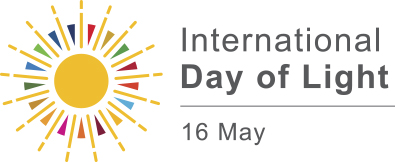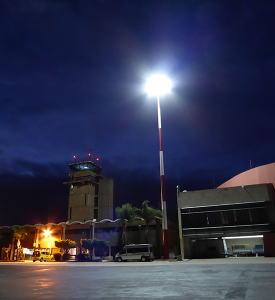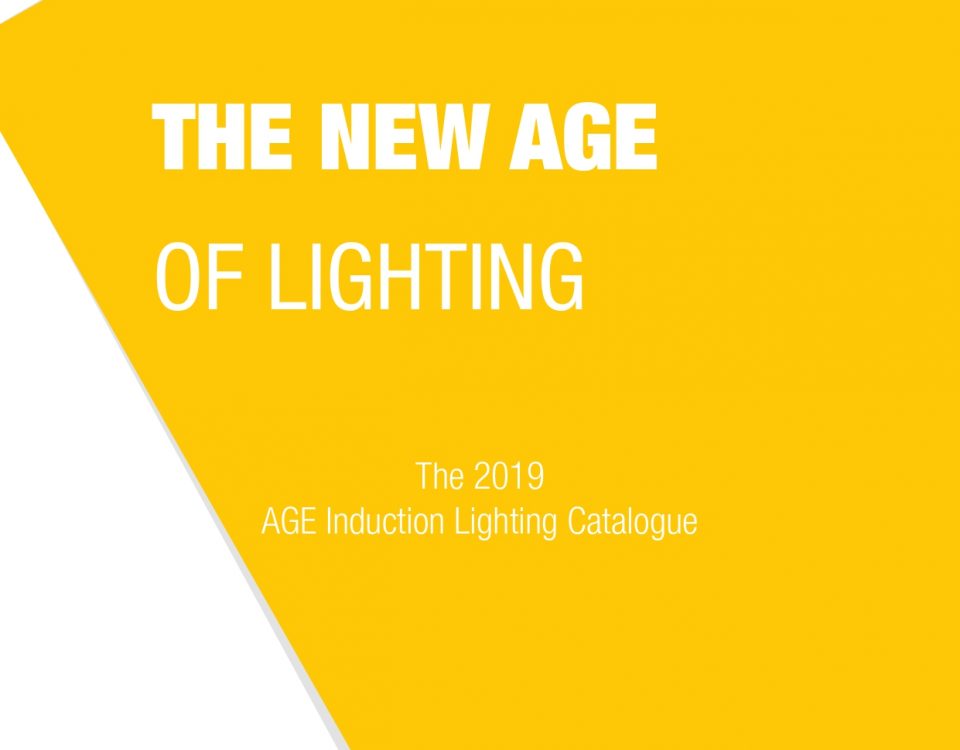International Day of Light 2018

AGE Group celebrates the International Day of Light with its innovative Induction Lighting.
and sustainable development, and in fields as diverse as medicine, communications and energy. The broad theme of light will allow many different sectors of society worldwide to participate in activities that demonstrates how science, technology, art and culture can help achieve the goals of UNESCO – education, equality and peace.
Light plays a central role in our lives. On the most fundamental level, through photosynthesis, light is at the origin of life itself. The study of light has helped to achieve promising alternative energy sources, lifesaving medical advances in diagnostics technology and treatments, light-speed internet and many other discoveries that have revolutionized society and shaped our understanding of the universe. These technologies were developed through centuries of fundamental research on the properties of light – starting with Ibn Al-Haytham’s seminal work, Kitab al-Manazir (Book of Optics), published in 1015 and including Einstein’s work at the beginning of the 20th century, which changed the way we think about time and light.
The International Day of Light celebrates the role light plays in science, culture and art, education, and sustainable development, and in fields as diverse as medicine, communications, and energy. The will allow many different sectors of society worldwide to participate in activities that demonstrates how science, technology, art and culture can help achieve the goals of UNESCO – building the foundation for peaceful societies.
This day is a call to strengthen scientific cooperation and harness its potential to foster peace and sustainable development.
Sustainable Development, Respect & Safeguard for Health and Environment, are among the main values for AGE – Advanced Green Economy Group, with the constant research & development of high efficient, durable and reliable products, as for example the AGE Induction lighting, with a very long duration, a high energy efficiency, optimum performances and great Visual Comfort.
AGE’s staff renovates its committment to produce high efficient and innovative products in the full respect and safeguard of the Helath and of the Environment, wishing that this would be the same target for all the Lighting producers globally.

Photo: AGE Induction lighting at Tangeri International Airport, Morocco.
